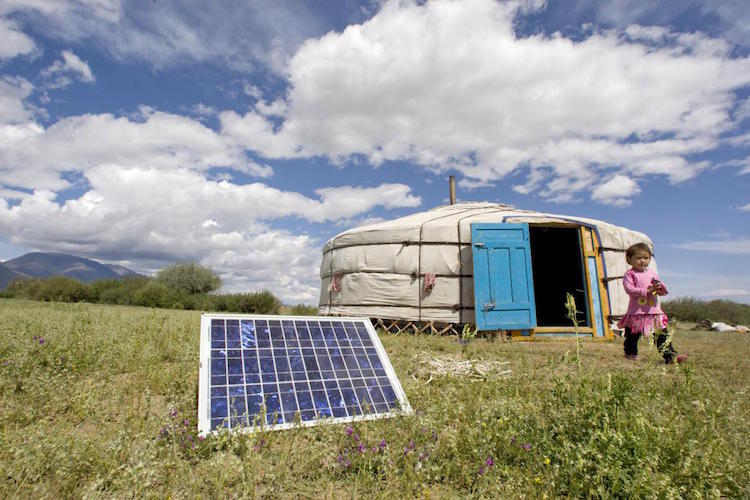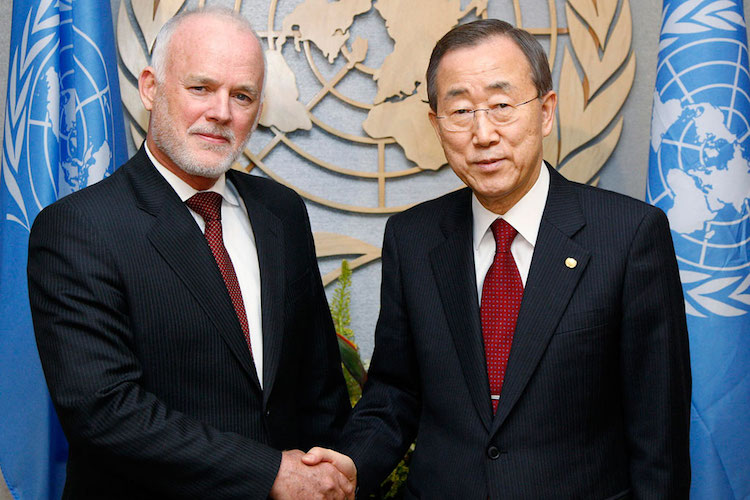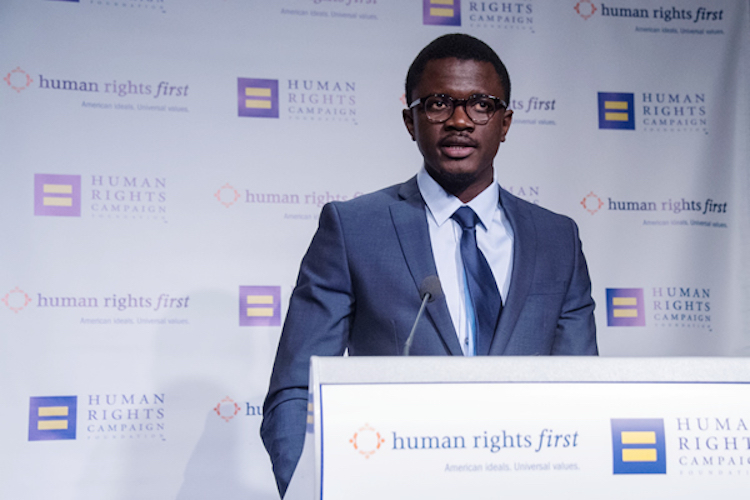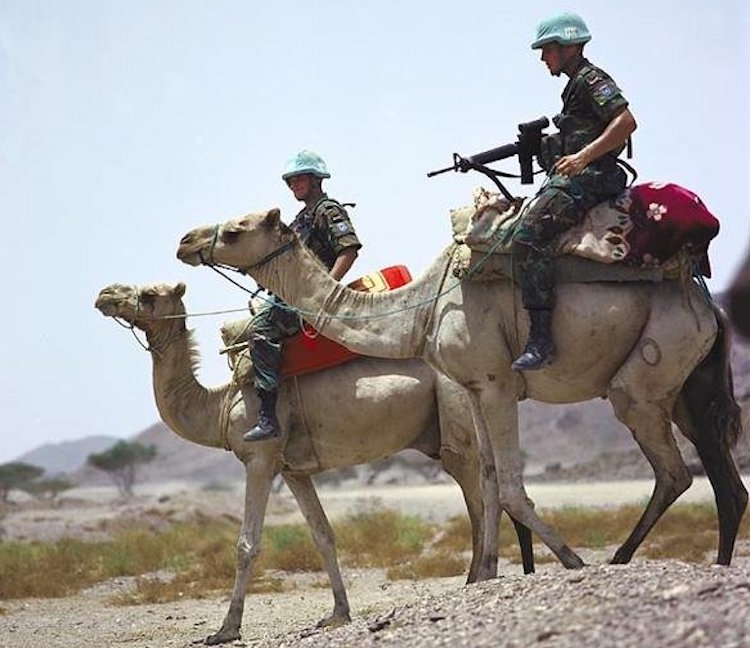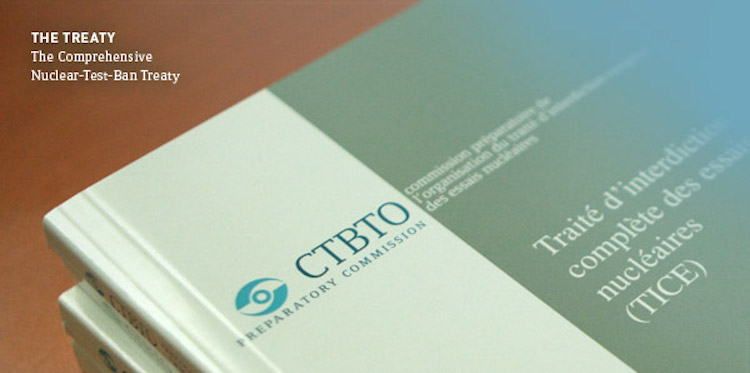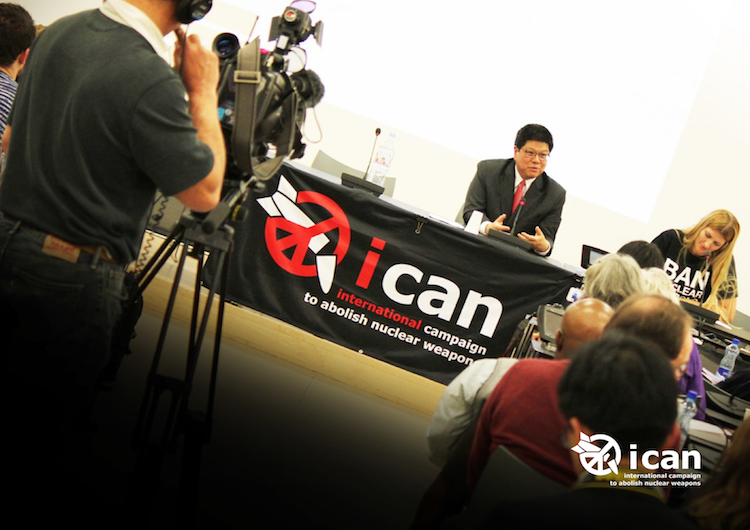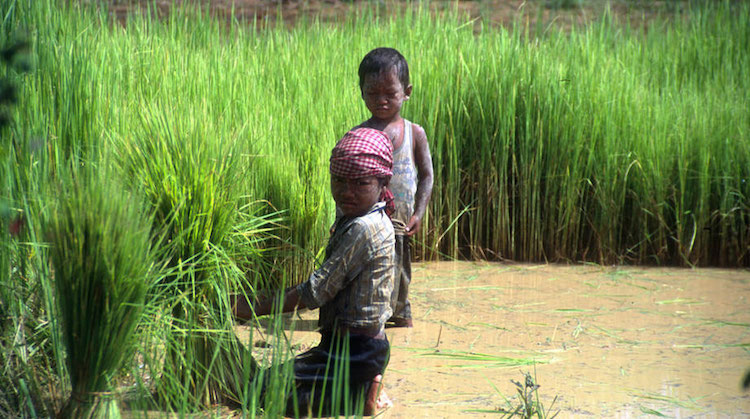By Jaya Ramachandran
BRUSSELS (IDN) – Over 1.2 billion people – one in five of the world’s population – do not have access to electricity. The majority are concentrated in about a dozen countries in Africa and Asia. Another 2.8 billion rely on wood, charcoal, dung and coal for cooking and heating, which results in over four million premature deaths a year due to indoor air pollution.
Without electricity, women and girls have to spend hours fetching water, clinics cannot store vaccines for children, many schoolchildren cannot do homework at night, and people cannot run competitive businesses.

